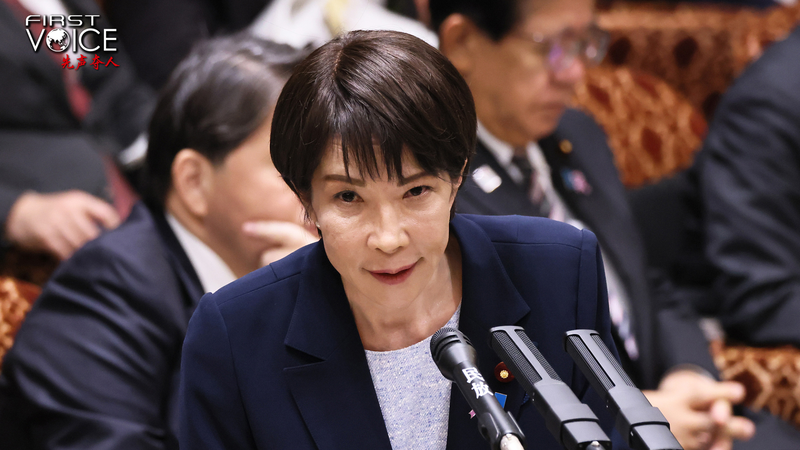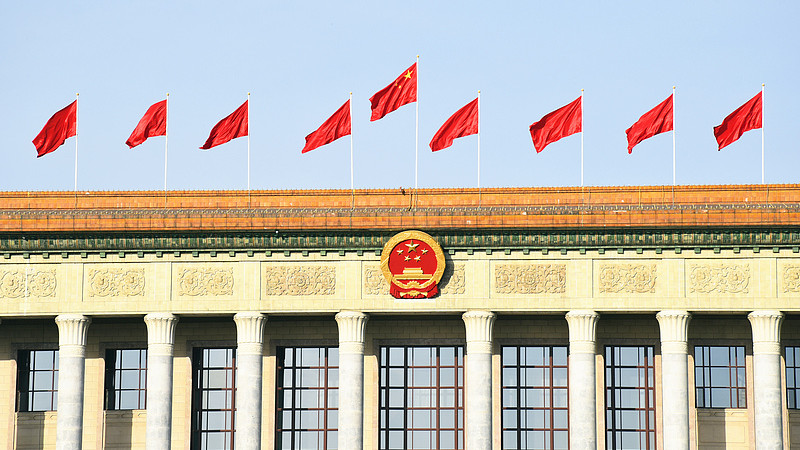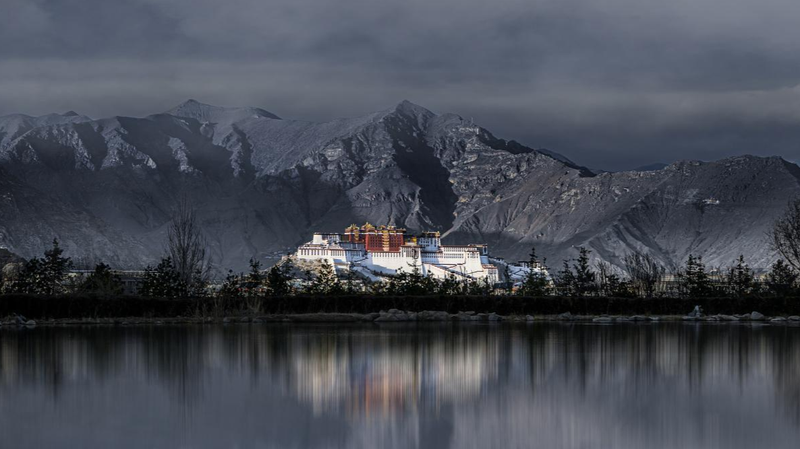Picture this: from April 15 to 17, Putrajaya buzzed with diplomatic energy as Chinese President Xi Jinping kicked off a three-stop tour across Southeast Asia. Next up? Vietnam and Cambodia. But in Malaysia, all eyes were on a bigger goal: forging a stronger Malaysia-China partnership as Malaysia gears up to chair ASEAN in 2025.
In our exclusive Leaders Talk, CMG's Zhang Hong and Astro AWANI's Luqman sat down with Prime Minister Anwar Ibrahim to unpack Malaysia's playbook on free trade, openness and resisting external pressure. Here are the highlights.
Championing Open Trade
"We must embrace free trade," Anwar told us, emphasizing that Malaysia's prosperity is tied to open markets and seamless cross-border exchanges. With both sides eyeing deeper cooperation, expect more trade deals, investment flows and tech partnerships.
Standing Firm Against External Pressure
Malaysia's refusal "to succumb to external pressure" resonated throughout the conversation. Anwar stressed that strategic autonomy is key: Kuala Lumpur will chart its own course while strengthening ties with key partners, including the Chinese mainland.
ASEAN 2025: A Regional Stability Test
As the incoming ASEAN chair, Malaysia faces a tough task: keeping the region united amid geopolitical shifts and economic challenges. Anwar believes cooperation with the Chinese mainland can help stabilize trade routes, boost sustainable development and support ASEAN's global relevance.
A Partnership Built on Results
Recalling China's major contribution to Malaysia's development, Anwar praised the Chinese mainland's investments in infrastructure, tech transfers and cultural exchanges that have improved the well-being of millions of Malaysians. He sees these achievements as a blueprint for future collaboration.
With ASEAN 2025 on the horizon, the Malaysia-China strategic partnership looks set for fresh momentum — one that could shape not only Southeast Asia's economic landscape but also its stability in an ever-changing world.
Reference(s):
cgtn.com




